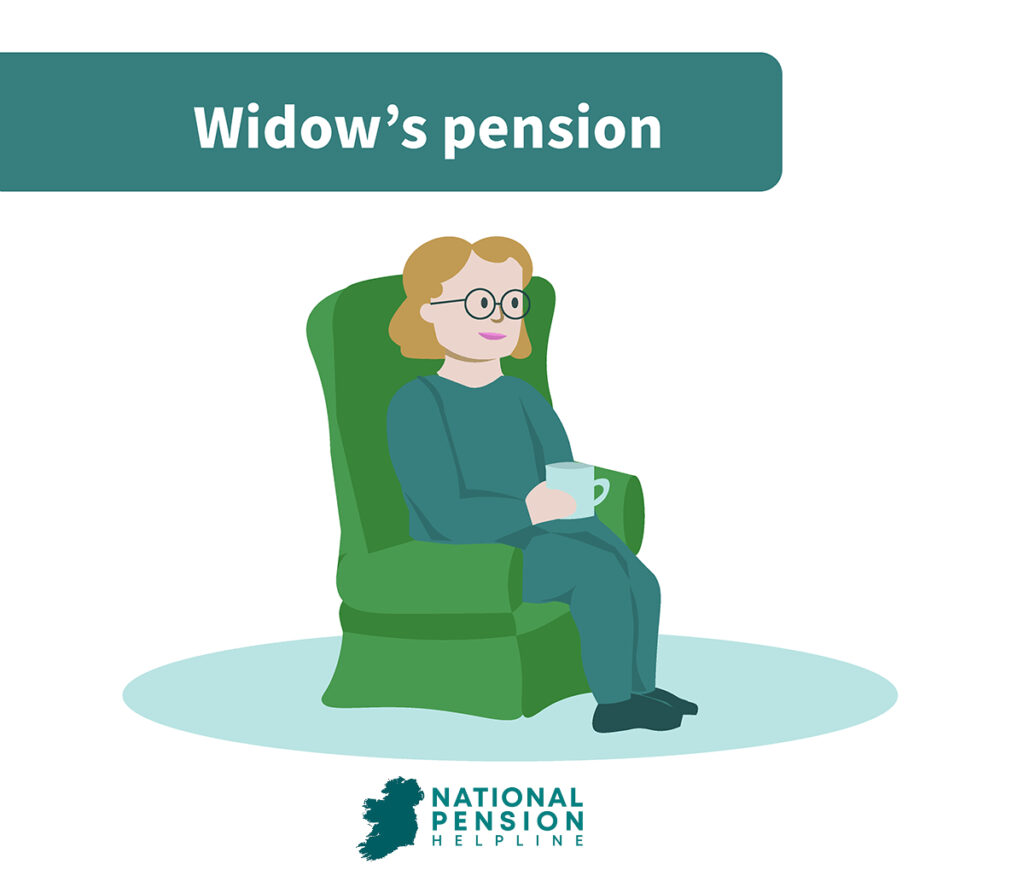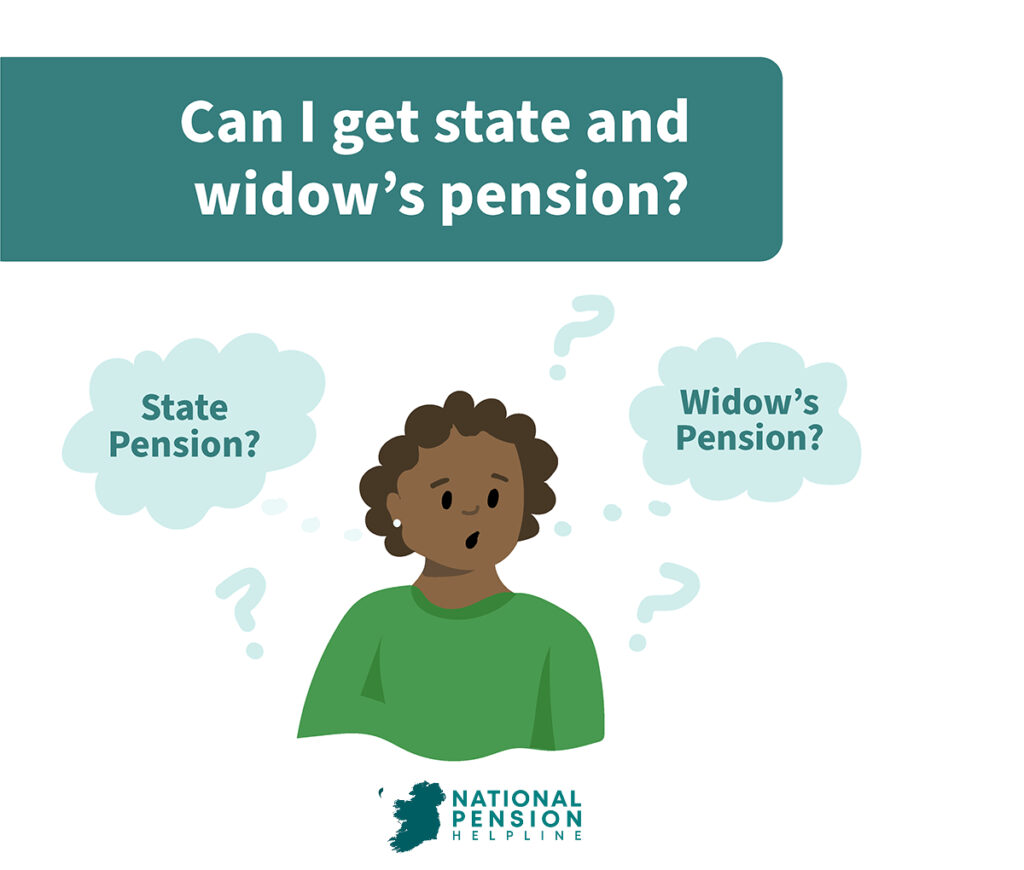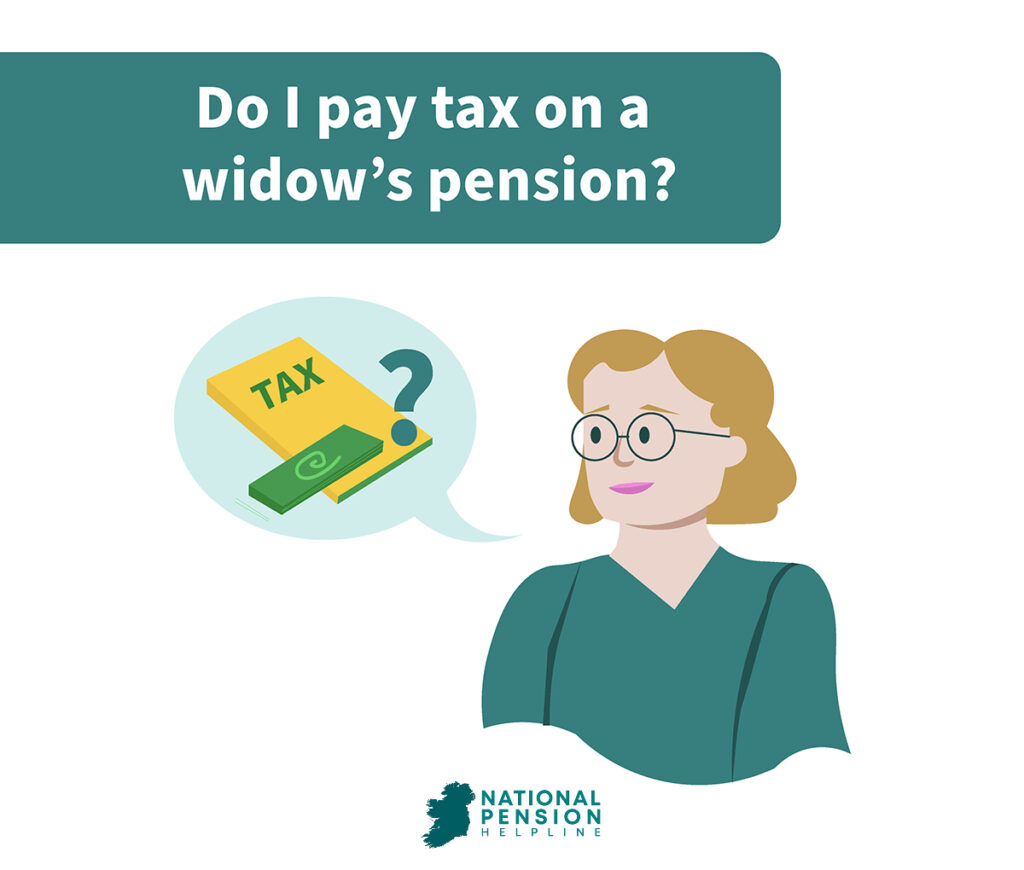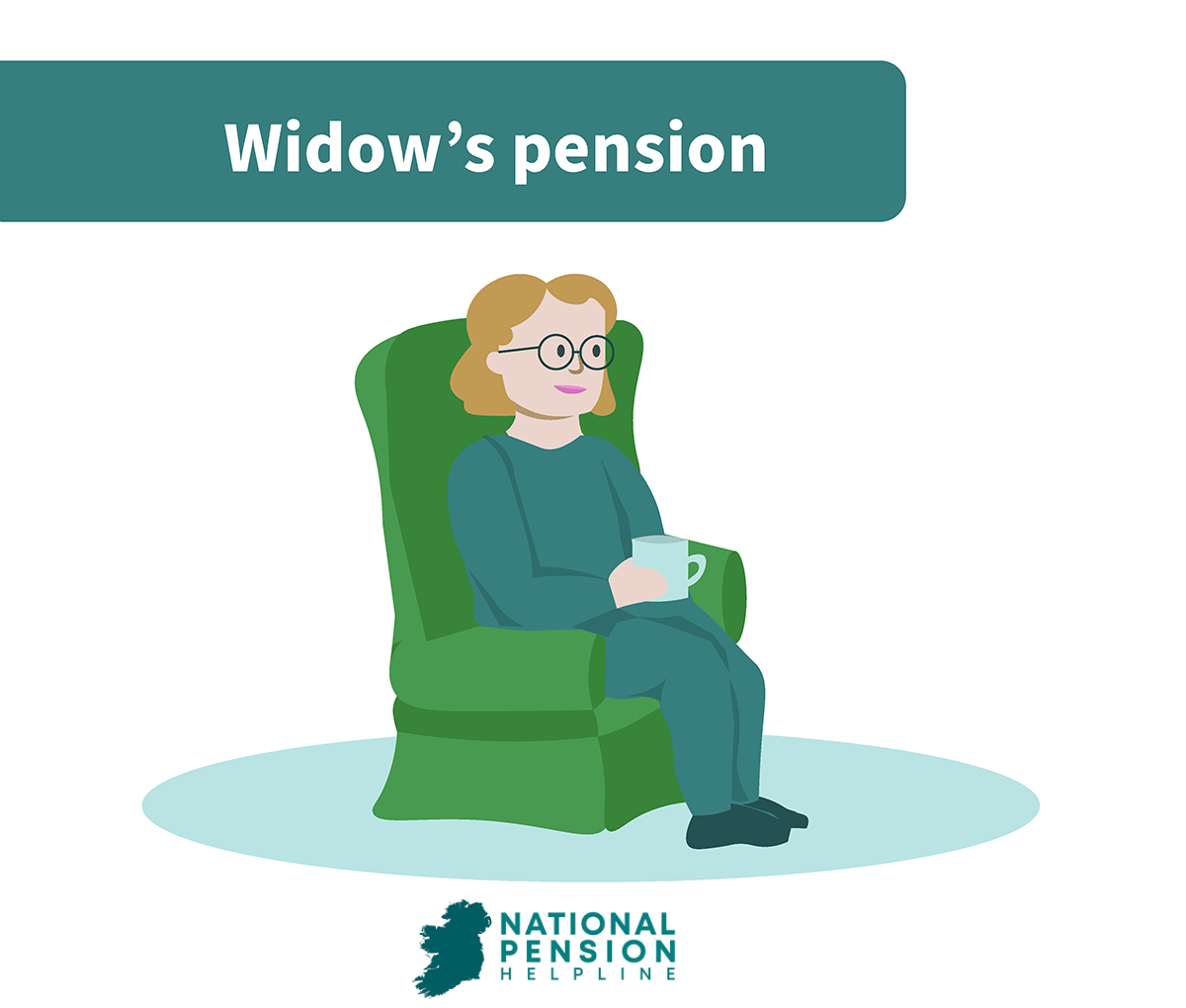Table of Contents
What is widow’s pension?
Widow’s pension is a payment made to a person whose partner has died. It is known buy a number of names such as widow’s, widower’s or surviving civil partner’s pension.
It is a weekly payment that is based on either you or your deceased partner having made enough PRSI payments (social insurance contributions).
Anyone applying for this payment naturally needs to have a deceased partner but also not be living with another partner. If you are cohabiting or have remarried then you will not qualify for the payment.
The payment was designed to support people who would have had a shared income when in a partnership.
It is not designed to match your cost of living while in a partnership but rather be a financial support now that your circumstances have changed as a result of bereavement.
The benefit is payable in certain circumstances even if the bereavement is experienced after the partnership has been dissolved.
For example, if you have divorced your partner but would have been eligible for the payment before your divorce, then you will still be eligible to receive it.
This is also the case with civil partnerships that have been dissolved or couples that are no longer cohabiting.
If you are eligible for it once then the change in your circumstances does not affect your eligibility unless you remarry or start cohabiting with another person.

How much is a widows pension in Ireland?
In Ireland, calculating the widow’s/widower’s pension is based on age and PRSI contributions.
The maximum weekly rate is €277.30. To qualify for this you need to have 48 or more contributions and be aged over 66. If you are aged under 66 you will receive €237.50.
The two age limits at 36-47 PRSI payments are €233.90 (under 66) and €271.90 for over 66.
The age limits at 24-35 PRSI contributions are €231.20 (under 66) and €265.50(over 66).
If you have dependent children you will also receive an additional weekly amount. This is currently €46 for each child under the age of 12 and €52 per week for children over the age of 12.
Can I receive the State pension and the widow’s pension?
You can only receive one State pension payment – either the widow’s pension or the State pension. Normally you are paid whichever is higher in value for your circumstances (age and PRSI payments made).
At time of writing, the highest rate of State pension is €277.30 based on 48 PRSI payments and reaching the qualifying age of 66.
Who Qualifies for a widows pension
Do I have to have made tax contributions?
To qualify for the widow’s pension you or your deceased partner need to have made the qualifying number of PRSI payments.
If you were working in the home, for example, and do not have PRSI payments but your partner did make them through their work, then you will automatically qualify based on their payments.
Do I need to have paid PRSI to qualify for the widow’s pension?
To qualify for the widows pension you or your partner must have paid the necessary PRSI payments to qualify.
To reach the full payment you will need 48 full PRSI payments on either yours or your deceased partner’s social insurance record.
Does it matter my age or my partner’s age when they died?
Age is a qualifying factor in the widow’s pension. However, it is not solely based on your age but the age of both partners and where they are in the retirement journey before the bereavement.
The deceased partner’s age matters if you are below the State pension age. For example, if you are below 66 years of age but your partner had reached 66 years at the time of bereavement then you will qualify for the payment, even though you are not at pension age yourself.
How old do you have to be to access your widows pension?
The widow’s age is a factor in qualifying for the payment in that it sets the amounts payable. If you are under 66 you will receive the lower amount of the pension.
If you are over 66 you will receive the maximum amount of pension weekly payment.
Can you access your widows pension on top of your state pension?
No, the State pension and the widow’s or widower’s pension cannot be claimed at the same time. Normally the pension with the greater value is paid.
Equally, if you are in receipt of a social welfare payment such as a community employment scheme you cannot receive the widow’s pension. However, there are additional payments that you can receive while getting the widow’s pension. These include maternity benefit, carer’s allowance and the working Family Payment.

How long is the widow’s pension paid for?
If you remarry or form a civil partnership with another person then you will cease to qualify for the widow’s pension.
If you simply cohabit with another adult as a partner then the same situation applies. You will no longer qualify for the widow’s pension.
Do I pay tax on my widows pension
If the widow’s pension is your only source of income it is unlikely you will have to pay tax on it.
However, you are entitled to other sources of income while claiming the widows pension. If this amount exceeds the tax threshold, you will have to pay tax on the widows pension.

Do I keep my widows pension if I re-marry
No, the widow’s and widower’s pension is designed to support people who have been bereaved and consequently lost family income.
For most people, it cannot replace that income but is instead intended as a basic support. If your cohabiting circumstances change and you are sharing a home with another adult, such as a partner or spouse through marriage, then you will no longer be eligible for the widow or widowers pension.
How do I apply for the widow’s pension?
You apply for the widow’s pension by filling out the widow’s, widower’s or surviving civil partner form which can be found online or through your local social welfare office.
Learn more about your Widows or Surviving Civil Partner’s Pension
To learn more about your entitlements to widow’s pension by contacting one of our pension advisors. They can appraise your personal circumstances and offer you independent advice on your pension options.



